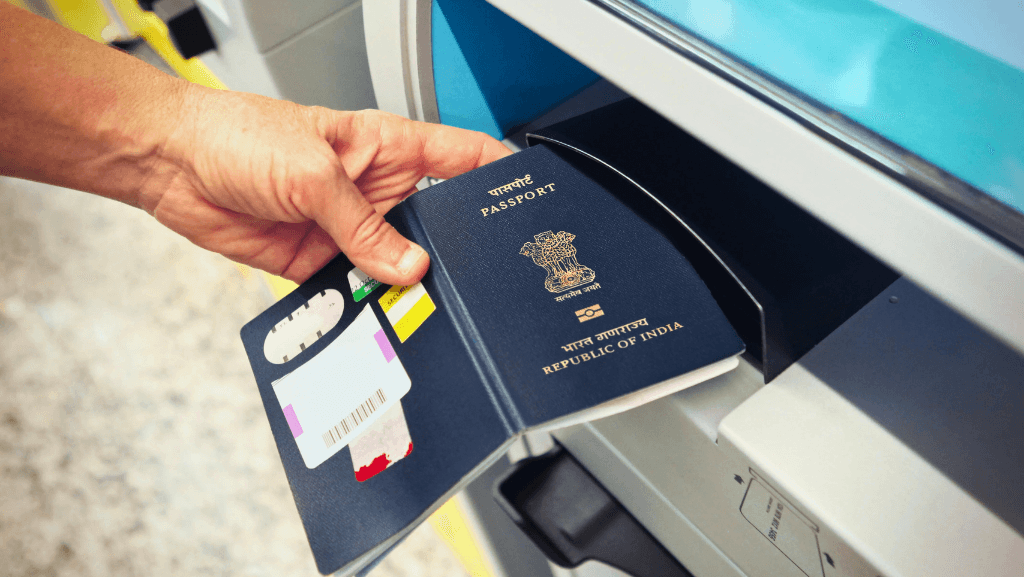
Major Passport Reforms for Indians in UAE: What You Need to Know
India's 2025 passport reforms introduce e-passports, streamline documentation for UAE-based citizens, enhance security, and remove bureaucratic hurdles.
In 2025, the Government of India initiated significant reforms to its passport system, directly impacting the over 3.5 million Indians residing in the United Arab Emirates (UAE). These changes aim to modernise documentation, enhance security, and simplify procedures for the Indian diaspora.
Introduction of E-Passports
A cornerstone of the reform is the rollout of e-passports embedded with RFID chips. These chips securely store biometric data, including fingerprints and facial recognition, aligning with International Civil Aviation Organisation (ICAO) standards. The e-passports are designed to expedite immigration processes and bolster security measures. All new applicants and renewals will receive these chip-enabled passports.
Simplified Spouse Name Inclusion
Indian citizens in the UAE can now add their spouse's name to their passport using a self-declared affidavit (Annexure J), eliminating the need for a registered marriage certificate. Both spouses must be physically present at the Indian Consulate in the UAE to complete this process. Additionally, women can use the same affidavit to update their surname post-marriage.
Also Read: How to Quickly and Easily Check Your UAE Visa Status Online Using Passport Details
Mandatory Birth Certificates for Newborns
For children born on or after October 1, 2023, a government-issued birth certificate is now mandatory for passport applications. In the UAE, this certificate must be issued by local health authorities, attested by the UAE Ministry of Foreign Affairs, and submitted alongside the parents' passports and marriage certificate. For older applicants, alternative documents like school records or government-issued IDs remain acceptable.
Enhanced Privacy Measures
To bolster privacy, new passports will no longer display the residential address on the last page. Instead, this information will be stored digitally and accessible via QR codes or barcodes by authorised government or immigration officials.
Removal of Parental Name Requirement
Applicants are no longer required to include the names of their parents or legal guardians in their passports. This change supports individuals from single-parent families, estranged households, and the LGBTQ+ community, promoting inclusivity and reducing bureaucratic hurdles.
Legal and Consular Implications
These reforms signify a progressive shift in India's approach to consular services, emphasising digital security, user convenience, and privacy. Legal experts highlight that the introduction of e-passports aligns with global trends in secure travel documentation, potentially reducing instances of identity fraud and streamlining international travel for Indian citizens.
For the vast Indian diaspora in the UAE, these changes simplify processes like passport renewals, name changes, and child passport applications, reducing the need for extensive documentation and multiple consulate visits.
Conclusion
India's 2025 passport reforms represent a significant advancement in consular services, particularly benefiting the substantial Indian community in the UAE. By embracing technology and simplifying procedures, the Indian government demonstrates its commitment to supporting its citizens abroad.
For any enquiries or information, contact info@thelawreporters.com or call us on +971 52 644 3004. Follow The Law Reporters on WhatsApp Channels.